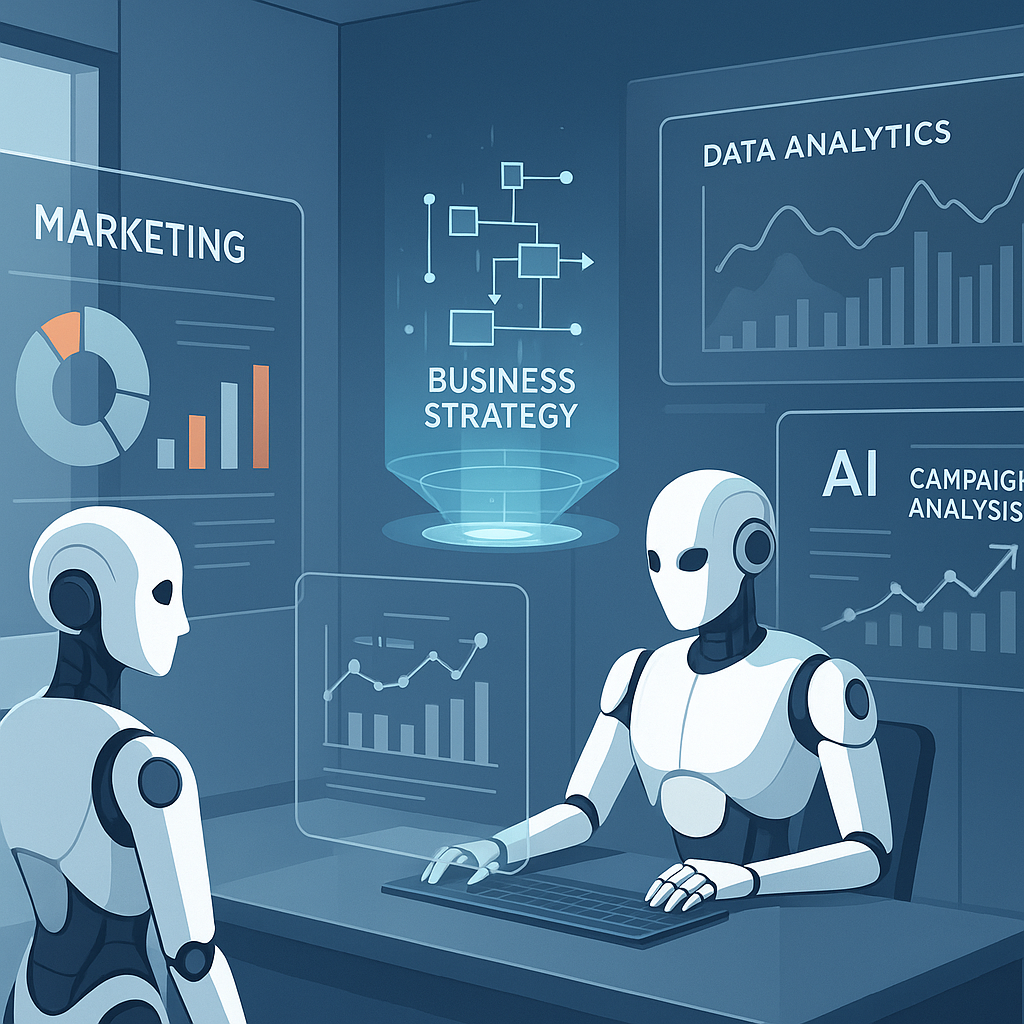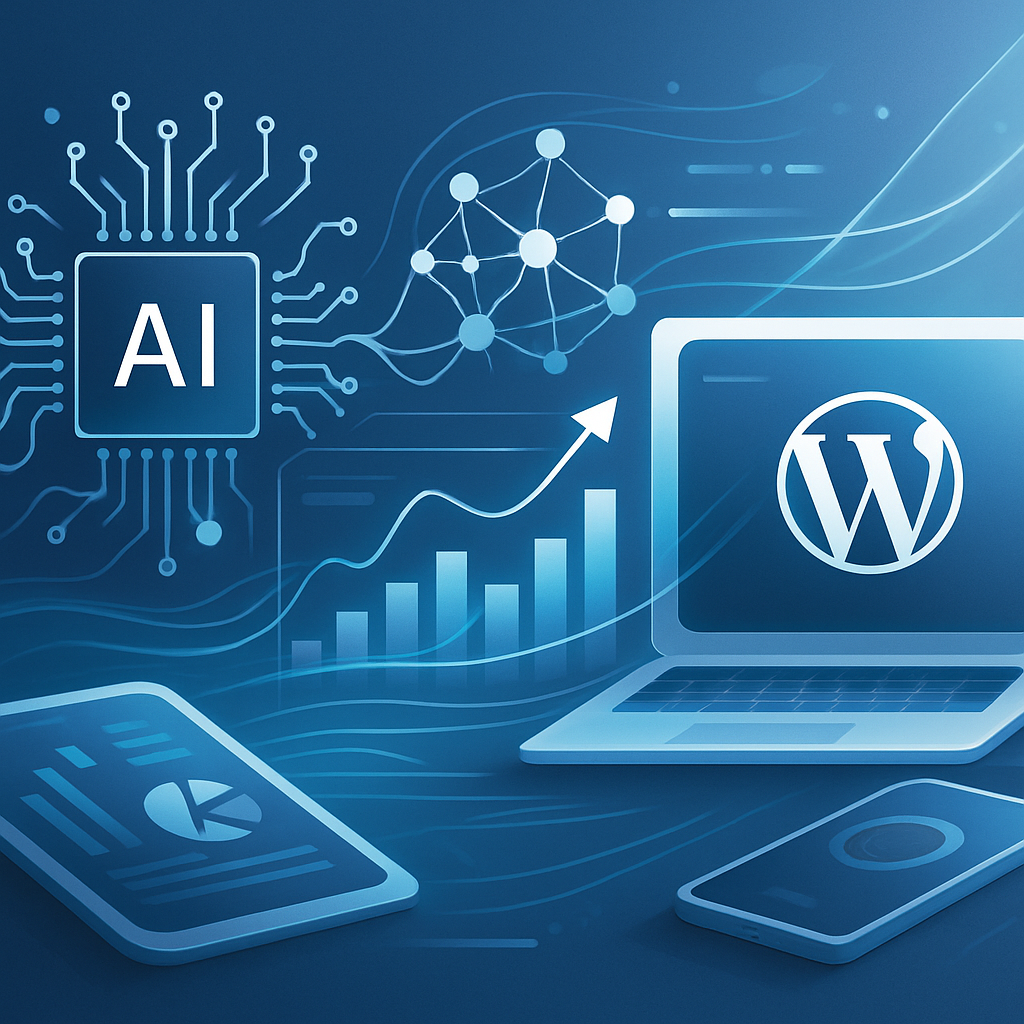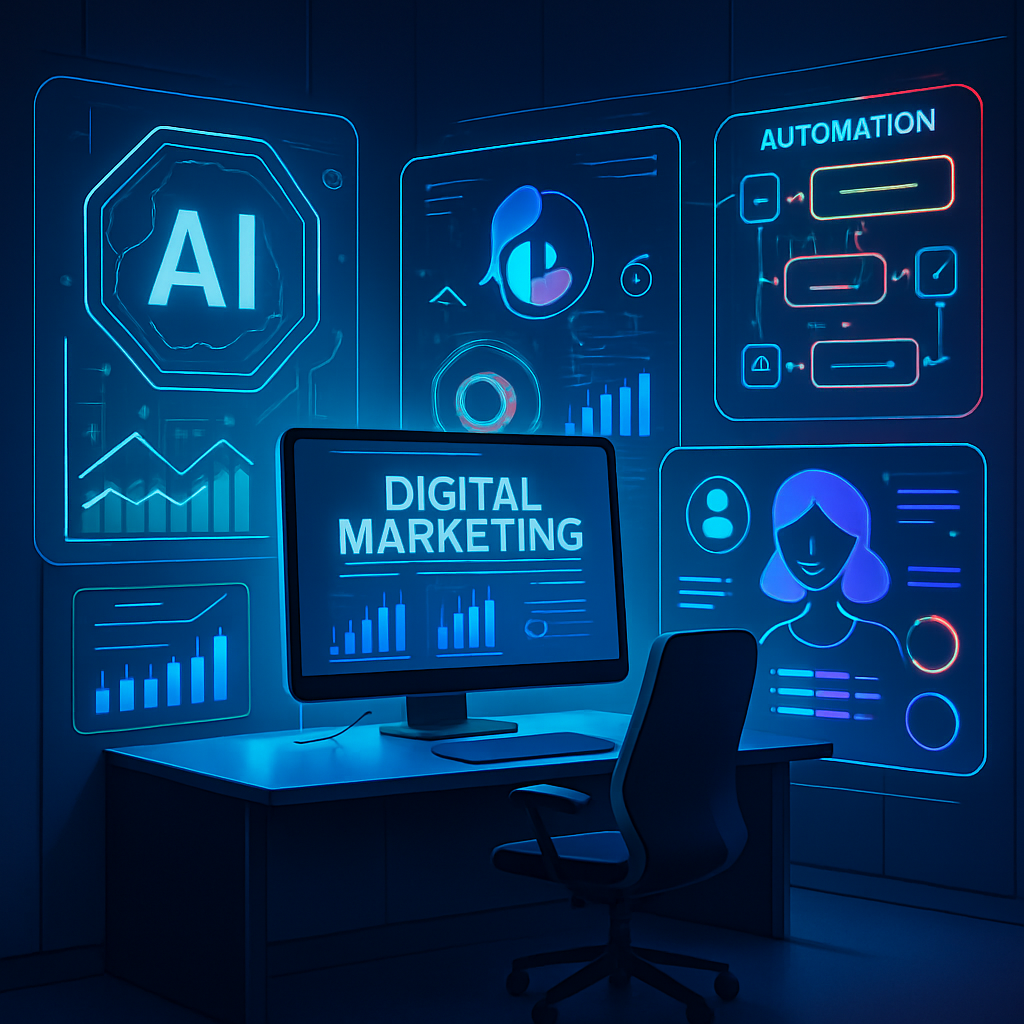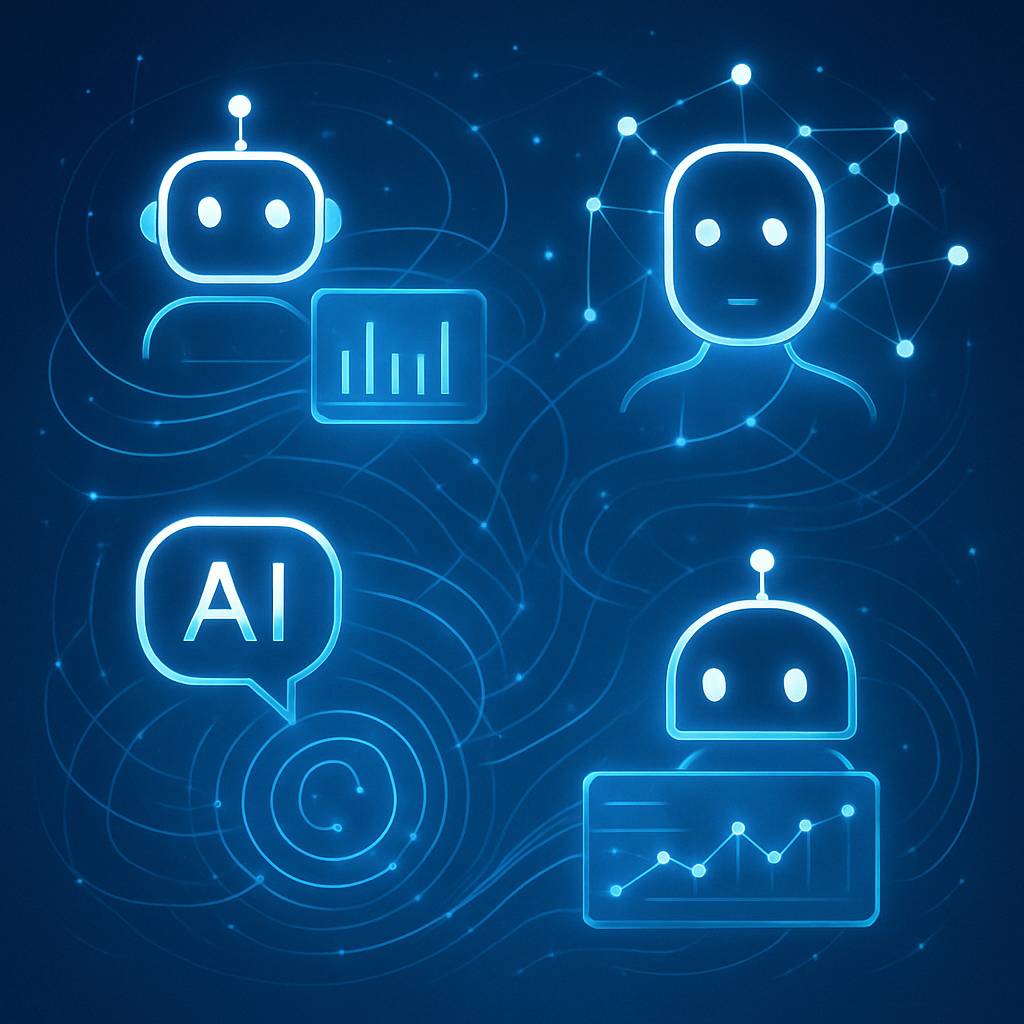
Unlocking Growth: AI's Role in Transforming Digital Marketing & Business Strategies
Understanding Artificial Intelligence: What Is AI?
Artificial intelligence (AI) refers to systems or machines that mimic human intelligence to perform tasks such as learning, reasoning, problem-solving, and language understanding. As of 2025, AI's capabilities have evolved beyond basic automation to complex decision-making and creative problem-solving — fundamentally reshaping industries worldwide.
AI encompasses various technologies including machine learning, natural language processing, computer vision, and neural networks. Together, they enable machines to analyze vast amounts of data, recognize patterns, and make informed predictions or decisions with minimal human intervention.
The Intersection of AI and Digital Marketing
Digital marketing with AI has become a game-changer for businesses aiming to deliver personalized, efficient, and impactful customer experiences. AI-powered tools transform how marketers understand audiences, optimize campaigns, and measure results.
1. Hyper-Personalization at Scale
AI algorithms analyze customer data—including browsing behavior, purchase history, and demographic information—to craft tailor-made content and offers. This results in highly personalized advertising campaigns that resonate with individual preferences, increasing engagement and conversion rates.
For example, streaming platforms use AI to curate personalized viewing recommendations, while e-commerce businesses deploy AI-driven product suggestions based on real-time behavior.
2. Intelligent Automation and Efficiency
Robotic process automation powered by AI streamlines marketing workflows—such as scheduling posts, sending emails, or managing bids on advertising platforms. This allows marketing teams to focus on strategy and creative endeavors while routine tasks operate seamlessly in the background.
Chatbots and AI-driven customer support tools have also enhanced user interaction by providing instant, natural language responses to queries around the clock.
3. Advanced Predictive Analytics
AI models forecast market trends, customer lifetime value, and campaign performance with remarkable accuracy. Businesses can anticipate customer needs, adjust budgets dynamically, and identify high-impact channels, making marketing campaigns more intelligent and cost-effective.
AI in Business Strategy: Driving Growth and Innovation
Beyond marketing, AI-driven business strategies harness data and intelligent systems to improve decision-making, create new revenue streams, and enhance operational agility.
Data-Driven Strategic Planning
AI consolidates diverse data sources—from market research to internal KPIs—into actionable insights. Executives utilize AI-generated scenario modeling to test strategic options and reduce risks associated with new initiatives.
Enhancing Customer Experience
AI technologies power customer journey mapping and sentiment analysis, revealing pain points and opportunities for personalized service improvements. Brands using AI-driven insights deliver seamless, relevant experiences that foster loyalty and advocacy.
Agile Product and Service Innovation
Machine learning algorithms analyze user feedback and product usage to inform iterative development cycles. This data-informed approach accelerates innovation while aligning offerings closely with evolving market demands.
Practical Examples of AI Revolutionizing Marketing and Business in 2025
Retail: Leading retailers use AI-powered dynamic pricing engines that adjust prices in real-time, balancing demand, inventory, and competitor pricing to maximize revenues and market share.
Financial Services: AI algorithms detect fraudulent transactions instantly, automating risk management while delivering highly personalized financial products based on customer profiles.
Healthcare Marketing: AI analyzes patient data and communication preferences to tailor health awareness campaigns, increasing participation rates and improving public health outcomes.
Challenges and Considerations
Despite AI's transformative potential, businesses must address ethical concerns, data privacy, and the need for transparency. Implementing AI responsibly requires clear policies, ongoing oversight, and ensuring that AI augments human intelligence rather than replacing critical judgment.
Conclusion
The convergence of artificial intelligence with digital marketing and business strategy represents a paradigm shift in how companies grow, engage customers, and innovate. From understanding what ai is to applying AI-driven insights, organizations worldwide leverage these technologies to unlock unprecedented growth and competitive advantage in 2025’s rapidly evolving landscape.







